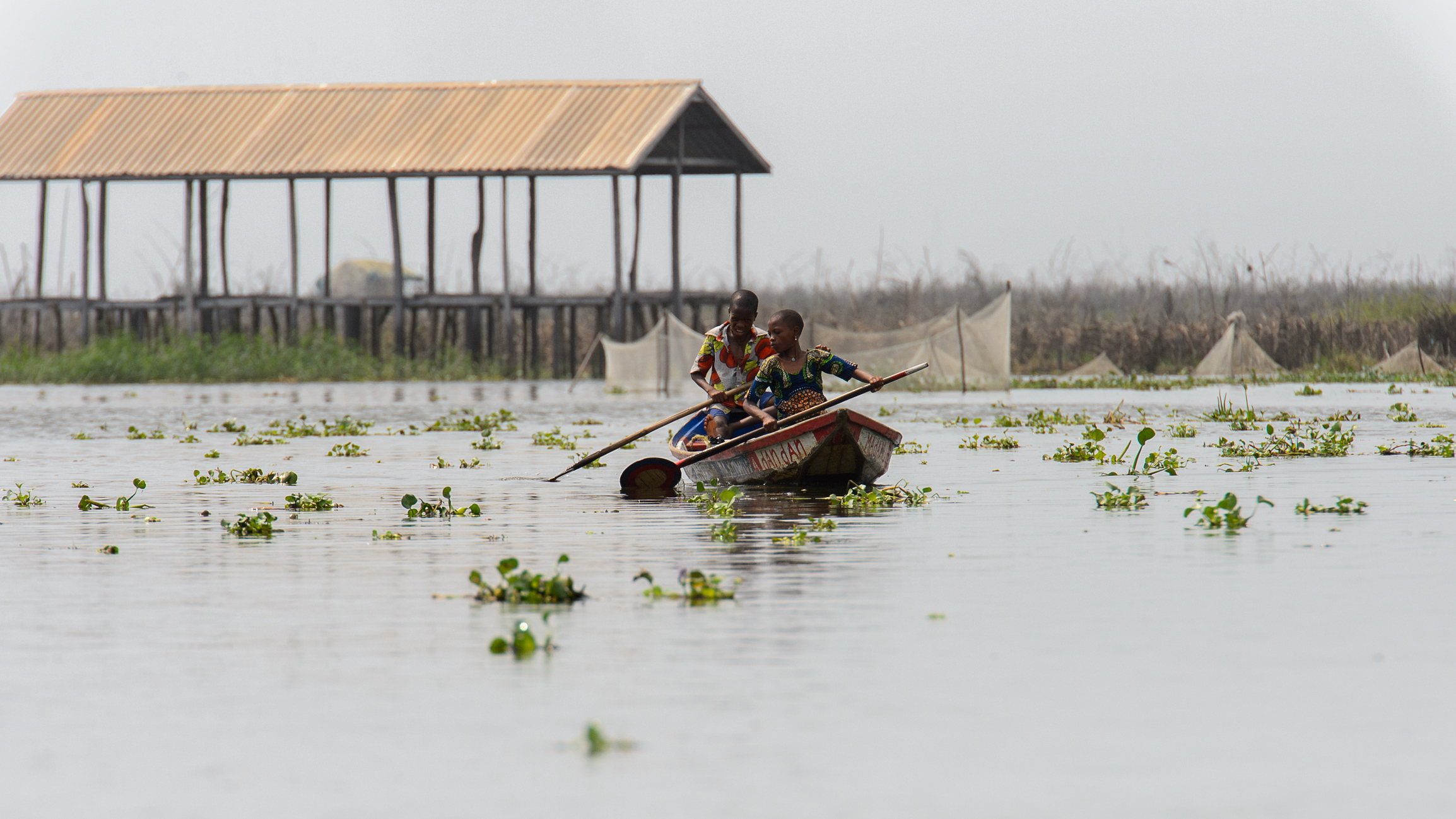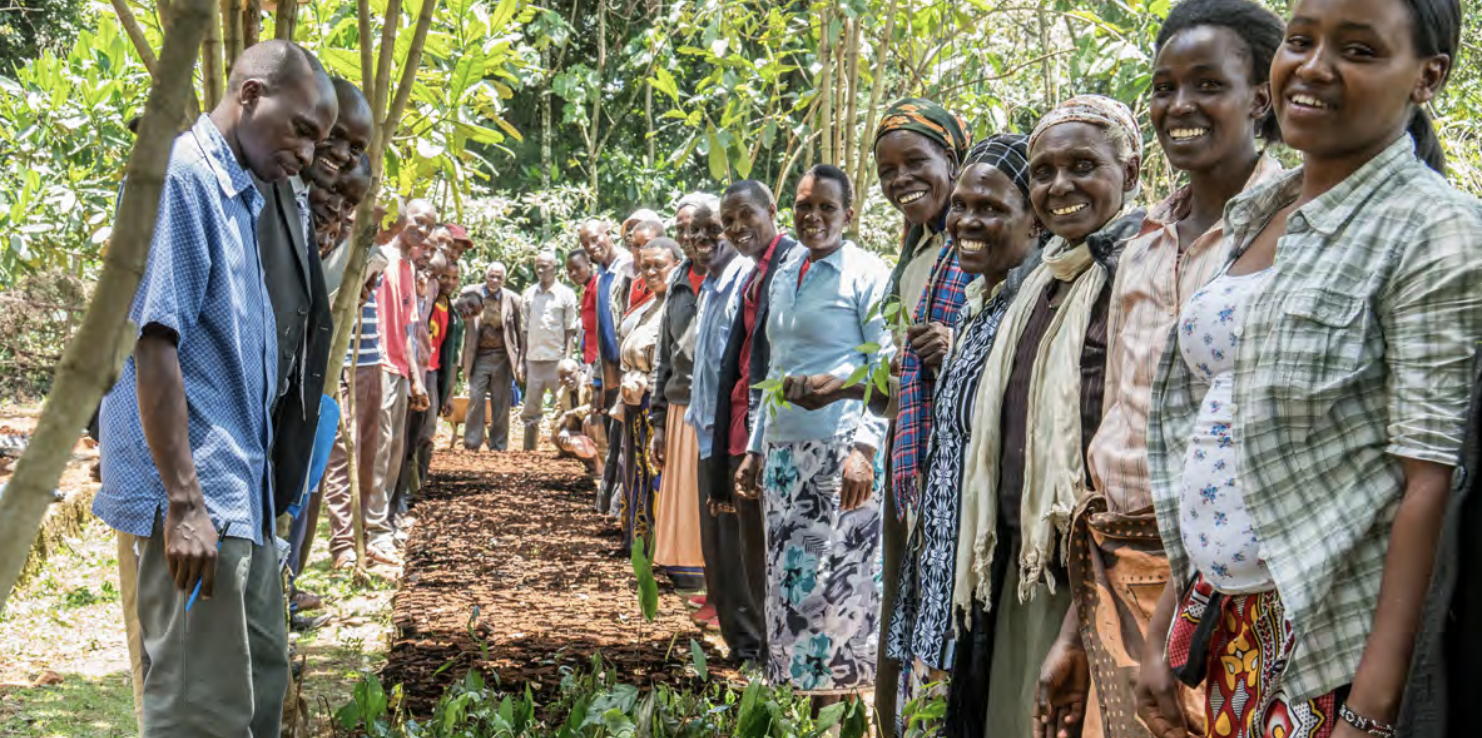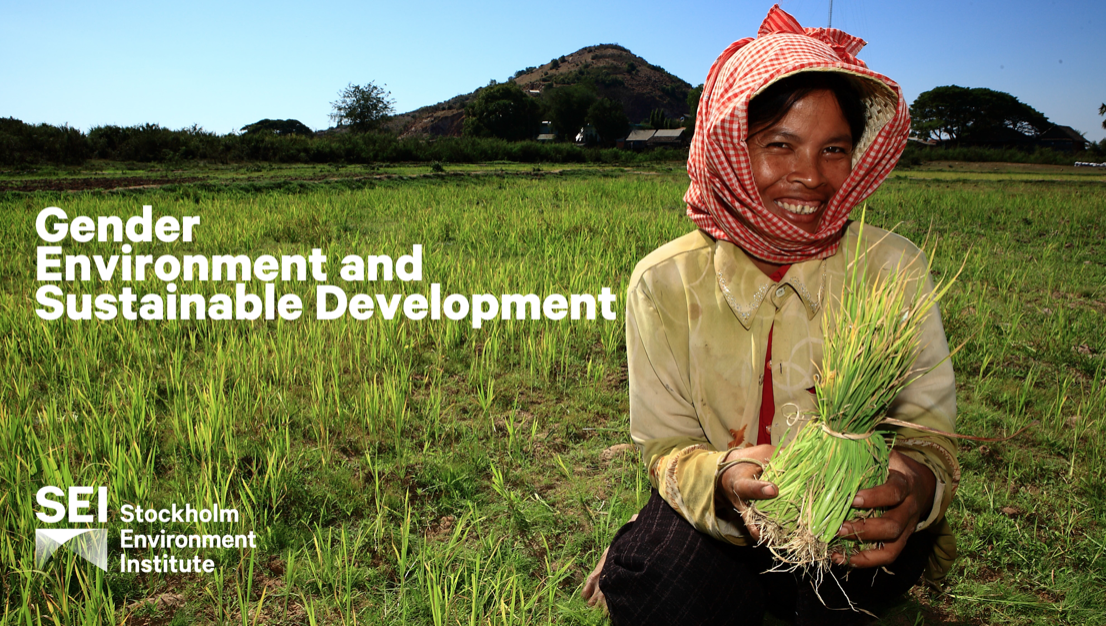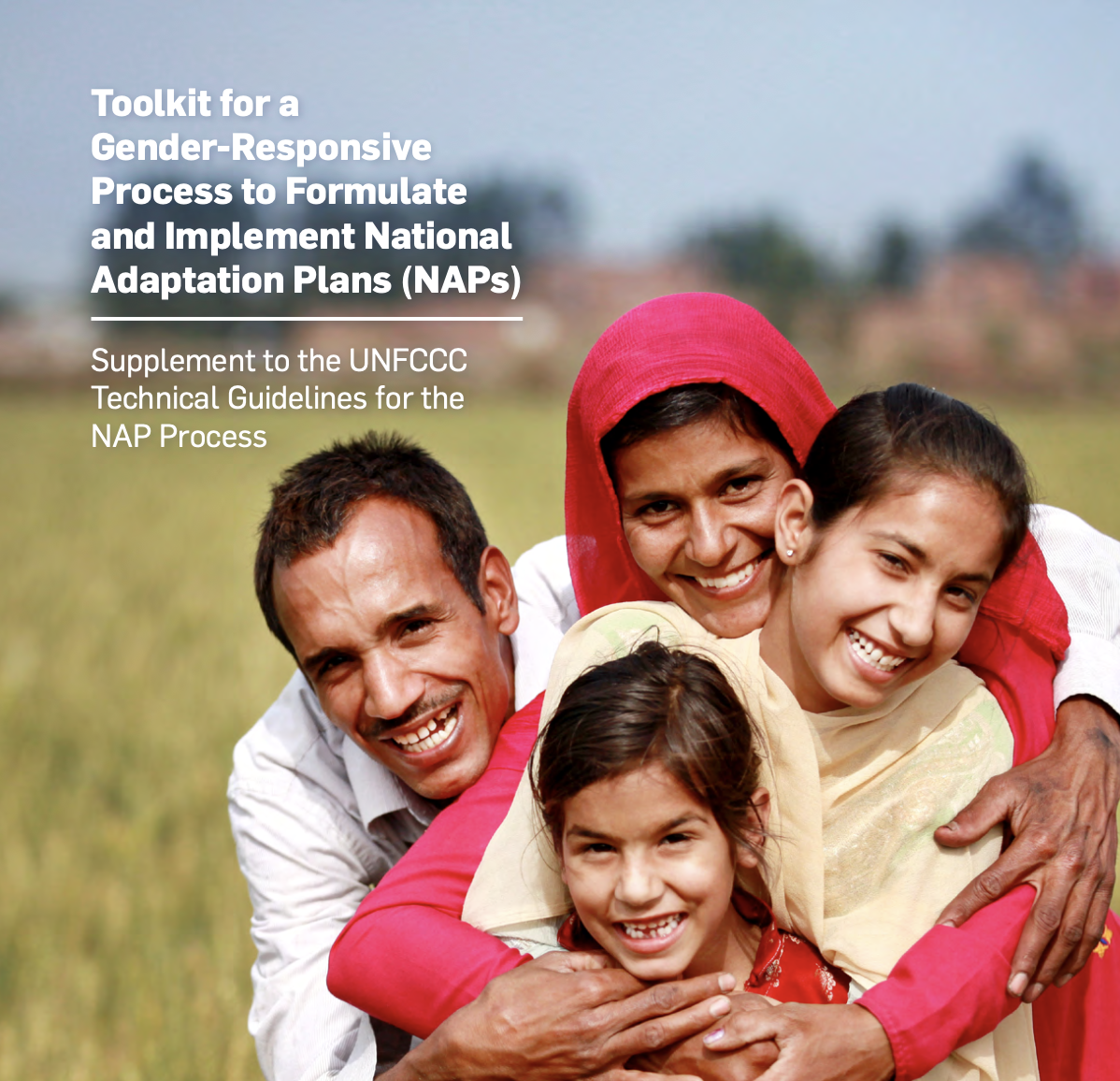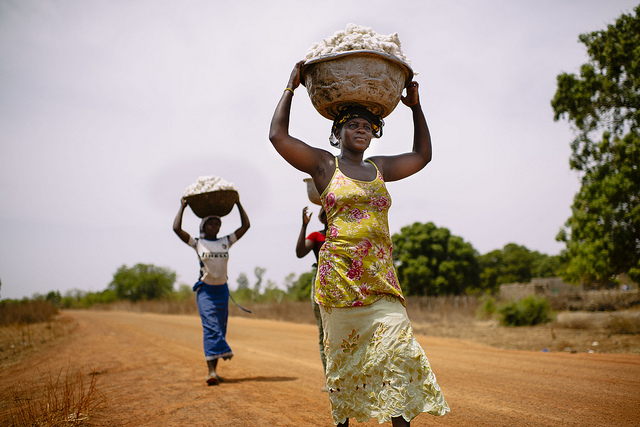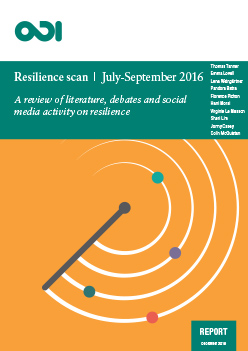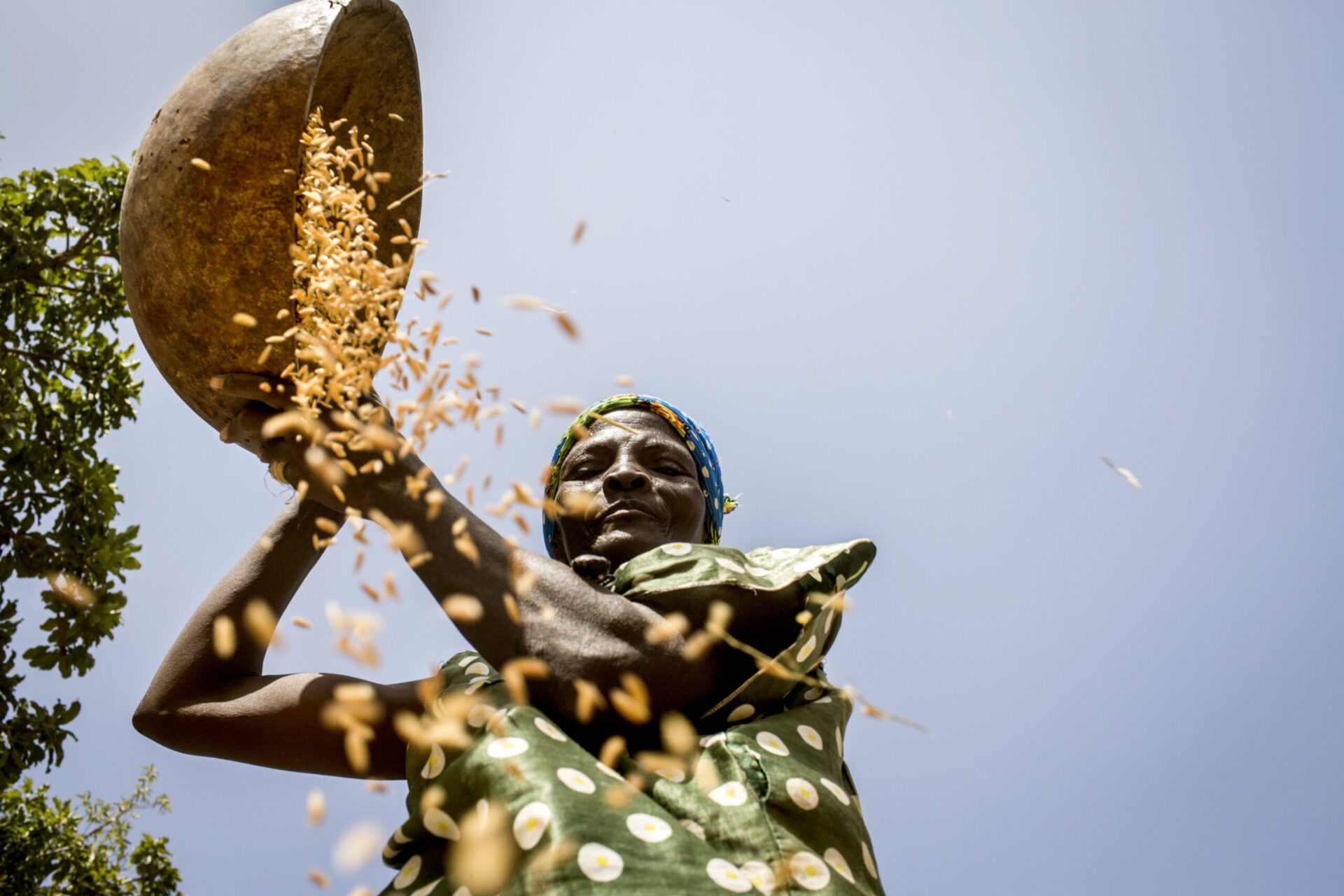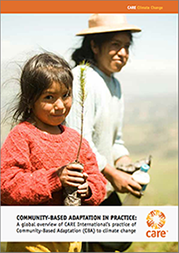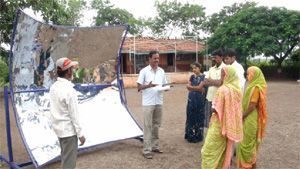Gender equality and climate change
Maximizing the Impacts of Targeted Gender Analyses for the National Adaptation Plan Process
This briefing note seeks to assess how gender analyses have been used as countries advanced their NAP processes, the changes they contributed to, and the key factors that enabled those changes.
National Adaptation Plans: Building Climate Resilience in Agriculture MOOC
There is a crucial connection between climate change adaptation, agriculture and sustainable development. This massive open online course (MOOC) presents key elements for this nexus, such as gender, NAPs, traditional knowledge, and links to other sectors, such as forestry.
Advancing Gender Equality and Climate Action: A Practical Guide to Setting Targets and Monitoring Progress
CDKN, ODI, SNV, CARE and Mercy Corps have launched a new guide to support project managers in developing appropriate gender-related targets and a suitable MEL system to track achievement over time.
Online course: Gender, environment and sustainable development
Gender is considered a key variable of power inequality. This online course helps you better understand gender in environment and sustainable development.
Toolkit: Facilitating a gender-responsive NAP process
This toolkit published by NAP Global Network, Least Developed Countries Expert Group and the Adaptation Committee— supports country efforts to pursue a gender-responsive NAP process.
Theme
Gender and Social Equality
This theme aims to deepen engagement on issues of gender and social equality in the context of environment and development, foster collaborations and strengthen capacity.
ODI Resilience Scan July-September 2016: A review of literature, debates and social media activity on resilience
This scan summarises writing and debates in the field of resilience during the third quarter of 2016, focusing primarily on the context of developing countries.
Gender and Resilience
Individual, household and community resilience to climate extremes and disasters depend on the local context and the extent to which agencies address existing social dynamics and power relations.
Community-Based Adaptation in practice: A global overview of CARE’s practice of Community-Based Adaptation (CBA) to climate change
This report outlines the practical lessons learned about Community-Based Adaptation by drawing on analysis of 16 CBA project examples.
Drawing on analysis of 16 CBA project examples
A Report on deployment of Parabolic Community Solar Cookers, for Mid-Day-Meal Scheme in Rural Schools.
This article describes a unique solar cooker project for primary schools that aimed to provide a clean and efficient substitute for fossil fuel based cooking solutions (like fuel wood and LPG) for the mid-day meals cooked in these schools.
